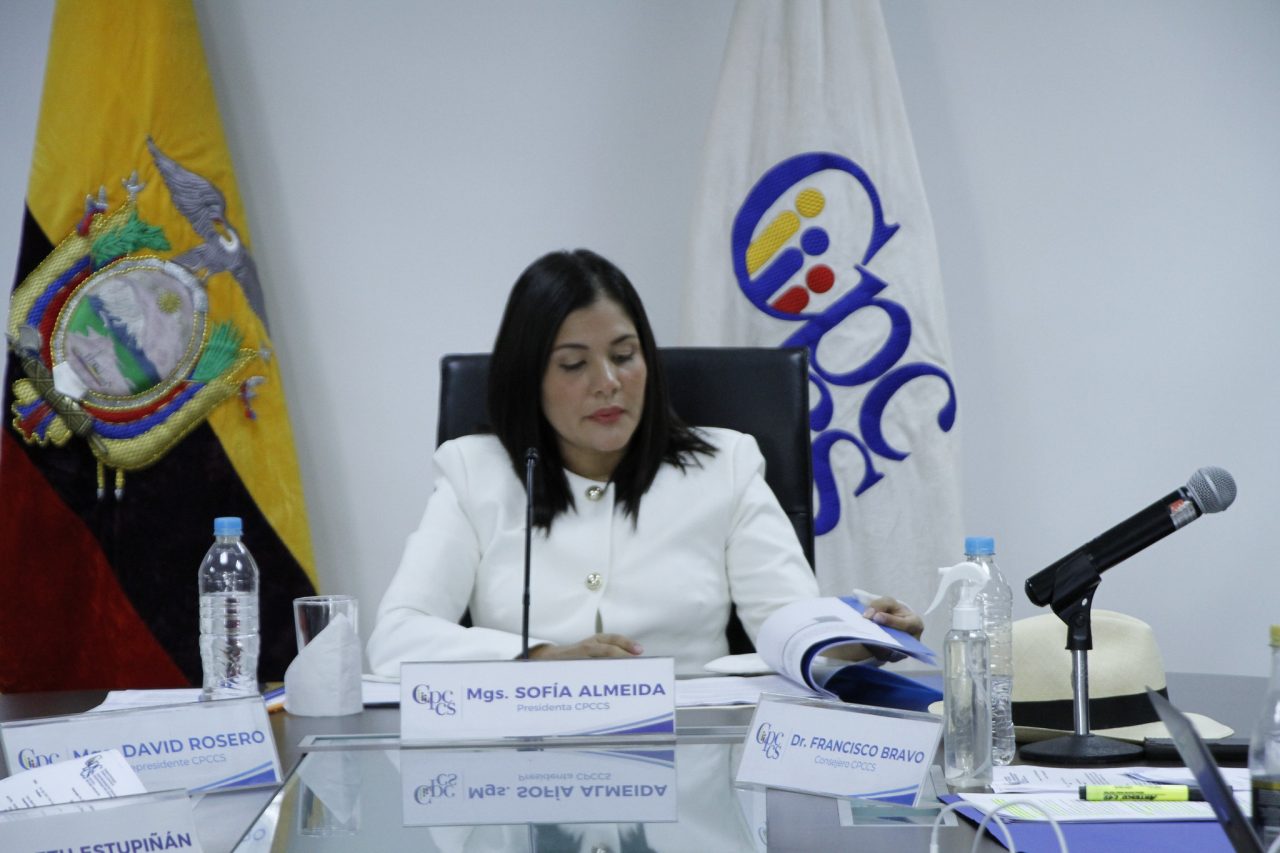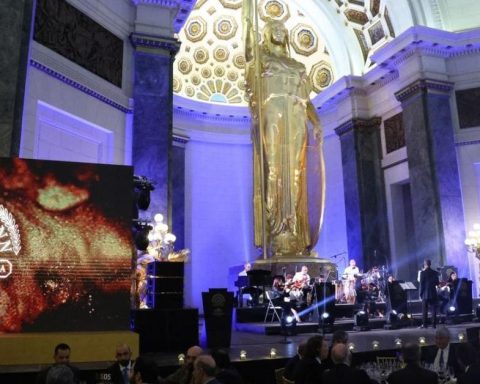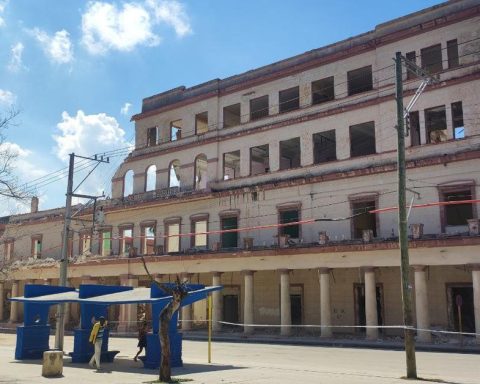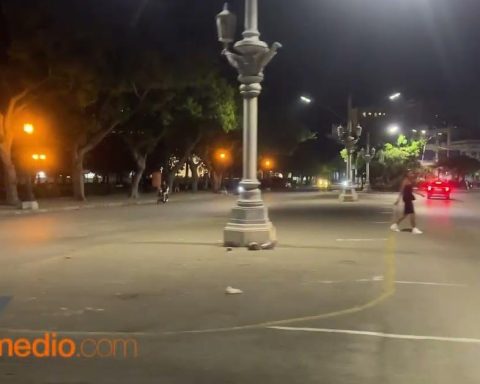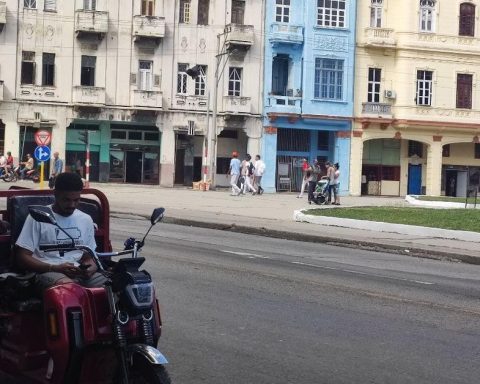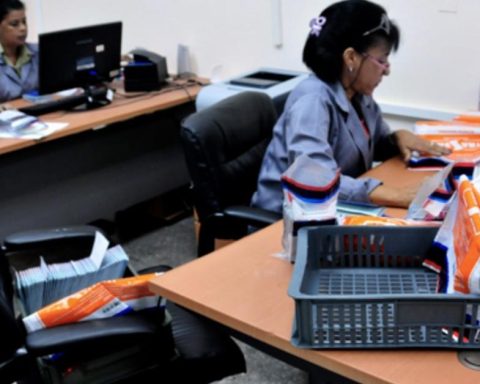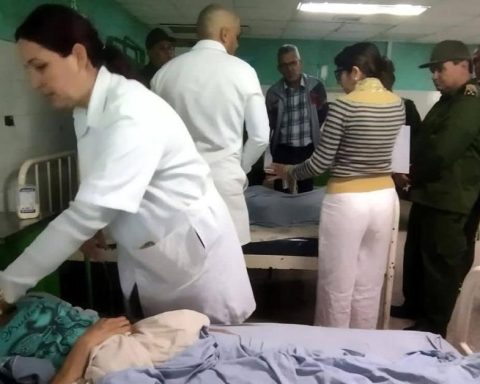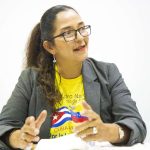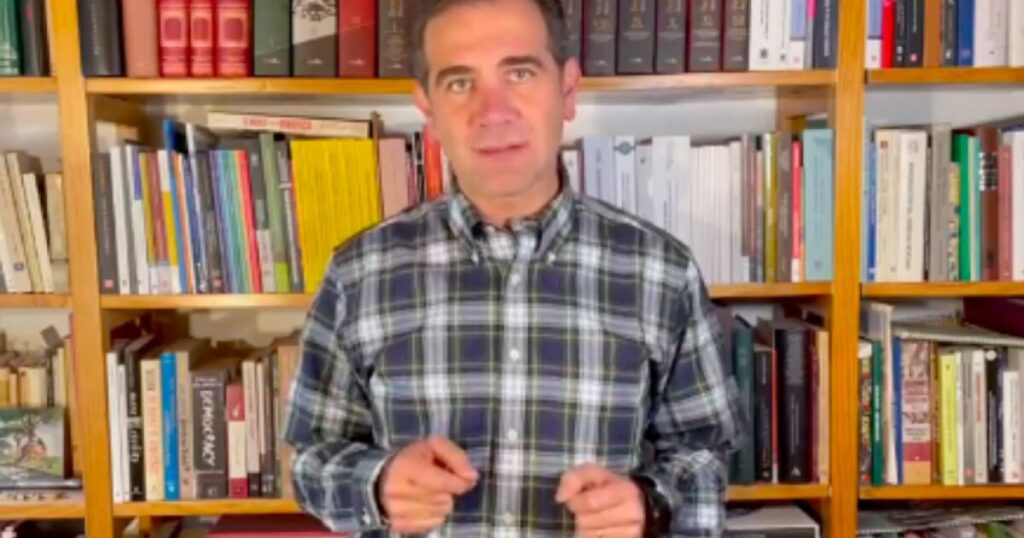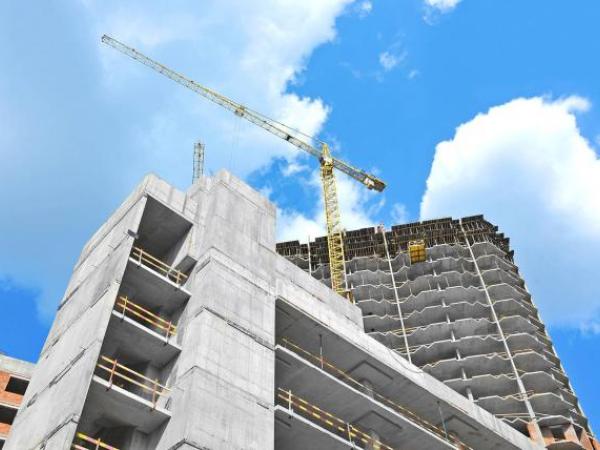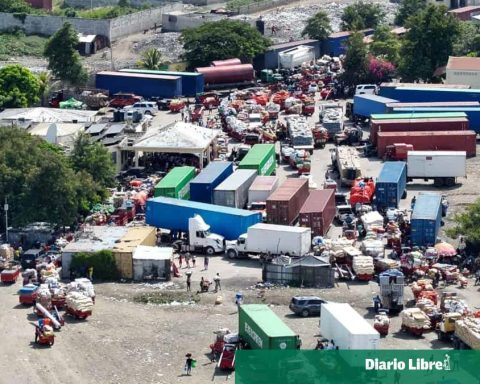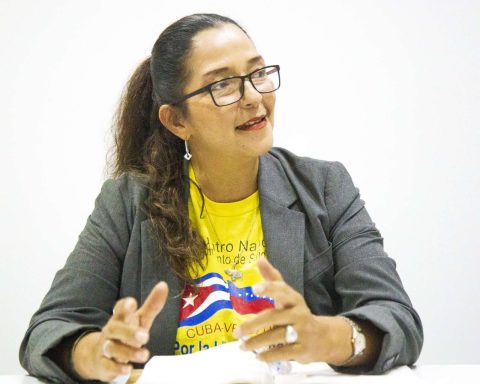Authorities, officials and contractor companies with the State request precautionary measures in jurisdictions far from the courts where the main cases are being heard.
A political dispute ended in the judicial sphere. The judge Karly Alvarado Vargas, from Samborondón (Guayas), accepted a constitutional action for precautionary measures presented by Sofía Almeida, president of the Council for Citizen Participation and Social Control (Cpccs). Thus, he prevented an impeachment request against Almeida from succeeding.
The figure of constitutional protection actions are not new. In 1996 and 1998 there were already similar figures known as constitutional protections. However, it was in 2008 that the legal system was changed and the top level judges that can grant precautionary measures in case of any violation. For this reason, there are cases of traffic judges or family judges who dictate measures in favor of defendants on such different issues, such as corruption.
For the constitutionalist André Benavides, today it is observed that “many public officials are misusing and distorting the protection actions”. He indicated, for example, that authorities have used these figures to remain in their positions.
A political struggle in Quito is resolved in Samborondón
Sofia Almeida clings to the presidency of Cpccs. At the moment she is calm, because the multi-competent judge of the canton of Samborondón (Guayas), Karly Vargas Alvaradoaccepted the precautionary measure in his favor, which ordered the suspension of the removal processes that had been activated against him in Quito, where the organization’s headquarters are located.
In part of his analysis, Vargas concluded that the current legal framework gives the Council for Citizen Participation and Social Control the power to appoint representatives of various authorities of public institutions, but it does not allow him to remove or depose his highest authority. It indicates that this function corresponds only to the National Assembly.
What the judge said coincides with the political discourse of Almeida, who maintains that the directors cannot remove her from her position. She accuses the majority made up of Francisco Bravo, Maria Fernanda Rivadeneira, Ibeth Estupiñán and Hernán Ulloa of boycotting the work of the plenary, of the processes of designation of authorities and of preventing the approval of the budget.
Counselor Ulloa, through his official Twitter account, questioned the domicile of the appeal filed by Almeida and, therefore, the jurisdiction of the judge to know the same.
So, the plaintiff was wrong to file the demand for guarantees at her personal address, when the act or omission or its effects occurred in Samborondón, and I think the judge was wrong to hear the action.
– Hugo Ycaza (@ycazahugo) February 3, 2022
Procedures are carried out in small cantons
Benavides observes that in cases that take place in large cities, protection actions are suddenly presented in small cantons. “Let us take into account that in many of them there is only one jmulticompetent judge which will resolve the resource because there is no more. On the other hand, in big cities there are more judges and everything goes to lottery”.
For the also constitutionalist Ismael Quintana, it is not bad that public authorities use these legal figures, “because they are finally citizens.” The problem lies, he explains, that they are used without reason. He warns of cases of current vowels of the judiciary Council who managed to retain their positions.
Pastaza and Los Ríos judges gave their authorization
Through personnel action No. 0278-DTH-FGE, dated January 28, 2019, the then attorney general in charge, Ruth Palacios, authorized Ruth Barreno to provide her services as a member of the judiciary Council. However, in November 2021, given the deficit of prosecutorial agents, the National Directorate of Human Talent of the Prosecutor’s Office recommended to the highest authority that said service commission be terminated.
Faced with the request that he return to his duties, Barreno filed a protection action in Pastaza, despite the fact that the entire process was taking place in Quito. She claimed an alleged violation of constitutional rights. The Prosecutor’s Office asked the Judiciary Council to verify the lottery process carried out in the Amazon province “for having detected the existence of inconsistencies in the aforementioned constitutional cause.” There is still no resolution on what happened with the judge who accepted the protection action.
Judge of Los Ríos processes cases of Loja and Ambato
Even if Jenny Patricia Freire is a judge in the criminal court of Los Ríos, she has resolved cases in favor of the company Safety Road Safety Enforcement SA (SES),that maintains legal problems in cities far removed from its jurisdiction: Ambato (Tungurahua) and Loja. In both cases, the magistrate has ruled in favor of the signature in charge of photo radars, with decisions that go against the municipalities and in which millions of dollars are played. His actions raised suspicions in the Judicial Council (CJ).
En 2008 se cambió el ordenamiento jurídico y se permitió a los jueces de primer nivel otorgar medidas cautelares.
